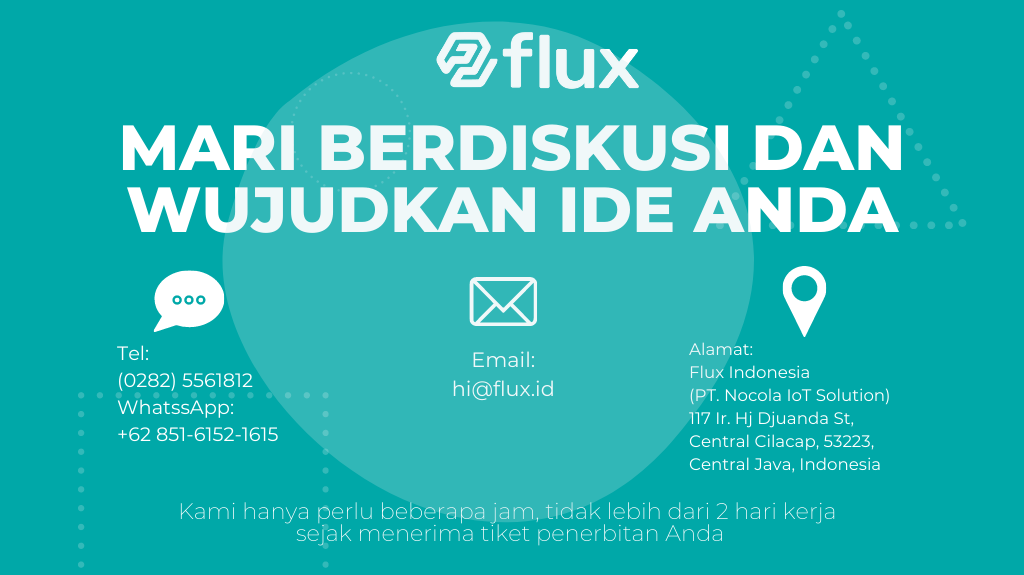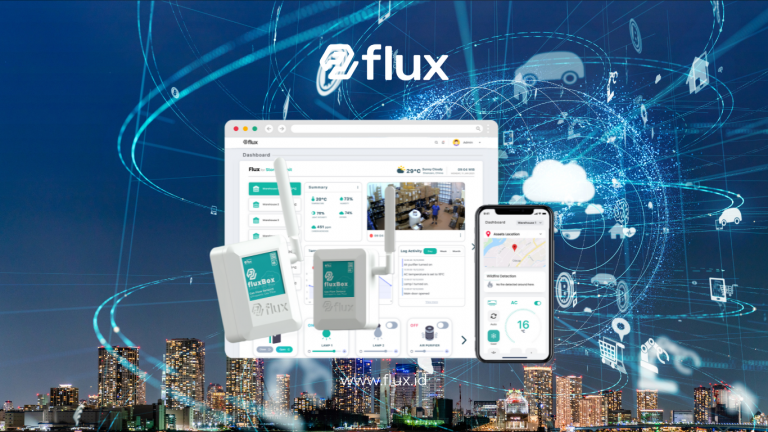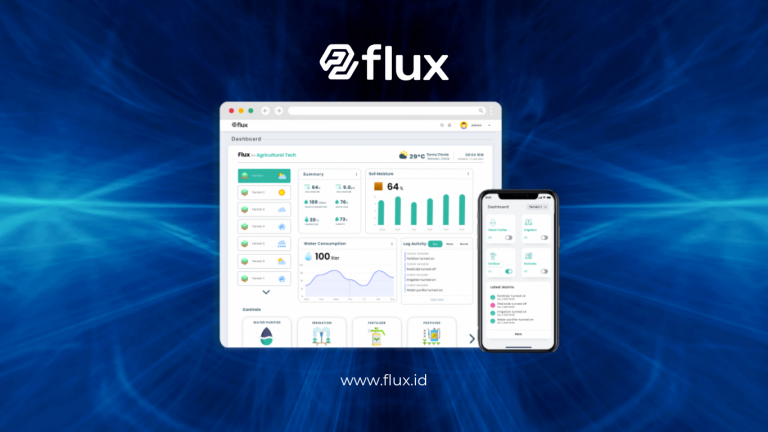Don't miss our holiday offer - 20% OFF!
In recent years, the keyword Internet of Things (IoT) has been increasingly discussed, especially in the context of technology that changes how we live and interact with the world. IoT refers to a network of devices connected to the internet that can communicate with each other, helping us make our daily lives easier, more efficient, and interconnected. From smart homes to complex industrial systems, IoT has provided new ways to manage our lives and businesses. This article will explore how smart technology, particularly IoT, plays an important role in everyday life and its impact on society and industry.
Contents
What is the Internet of Things (IoT)?

Definition
Internet of Things (IoT) is a term used to describe the concept where physical devices, vehicles, household appliances, and other objects are equipped with sensor technology, software, and internet connectivity. This connectivity allows devices to collect and exchange data, providing owners with the ability to control and monitor those devices more efficiently.
Examples of IoT Applications
- Smart Homes: Devices like smart thermostats, remotely controlled lights, and security cameras connected to the internet.
- Smart Cities: Traffic management systems that optimize vehicle flow and minimize congestion.
- Health Monitoring: Medical devices that monitor various health indicators in real-time and send data to doctors.
Why is IoT Important in Daily Life?

1. Enhanced Comfort
IoT brings comfort to our fingertips. With the right applications, users can control various devices in their homes, from lights to thermostats, simply using their smartphones. This enhances overall quality of life.
2. Time Savings
IoT-based automated systems allow us to complete tasks faster. For example, smart vacuum robots can clean the house without needing supervision.
3. Energy Efficiency
IoT devices can help manage energy consumption more efficiently. By monitoring energy use in real-time, we can reduce waste and lower electricity bills. For instance, lights that automatically turn off when no one is in a room.
4. Increased Security
Connected security cameras and motion sensors can enhance home security by providing real-time monitoring. Users can receive instant notifications when suspicious movements occur, adding an extra layer of safety.
The Role of Nocola in Implementing IoT

1. Flux: Leading IoT Solution
Flux is an IoT solution developed by Nocola to provide efficient device monitoring and management. With Flux, companies can connect various devices and obtain actionable data to improve their operations.
Key Features of Flux
- Real-Time Monitoring System: Collects data from connected devices and provides insights instantly.
- Data Analysis: Helps companies make decisions based on accurate data.
- Automation: Reduces reliance on manual processes.
2. Flexible Implementation
Nocola offers solutions that are flexible and tailored to the specific needs of various industries. This allows companies to implement IoT technology without disrupting existing operations.
Benefits of IoT for the Industrial Sector

1. Increased Productivity
IoT implementation in the industrial sector has proven to enhance productivity. With better automation and monitoring, machines and workers can be optimized for higher outputs.
2. Cost Savings
Operational costs can be reduced by leveraging IoT technology. More efficient energy use and waste reduction can lead to significant savings in the long run.
3. Responsiveness to Customer Needs
The ability to collect and analyze customer data in real-time helps companies respond quickly and efficiently to market demands.
IoT Implementation in Various Sectors

1. Agricultural Sector
In agriculture, IoT is used to monitor soil moisture, weather, and crop health in real-time. The data collected helps farmers make better decisions regarding irrigation and fertilization.
2. Energy Sector
In the energy industry, IoT facilitates monitoring energy consumption from various sources. This system helps improve efficiency and comply with strict environmental regulations.
3. Healthcare Sector
In healthcare services, connected wearable devices assist in real-time patient health monitoring. This health data can be used to deliver better and faster care.
4. Transportation Sector
IoT helps transportation companies monitor their fleets of vehicles. Timely data allows for route optimization and cost reduction in transportation.
Steps to Implement IoT

1. Clear Plan
Preparing a clear and detailed implementation plan will help in the transition to an IoT system. This plan should include the identification of goals and necessary devices.
2. Infrastructure Assessment
Ensure that the existing infrastructure is adequate to support the new IoT technology. Building or upgrading infrastructure is a crucial step in successful IoT adoption.
3. Staff Education and Training
Ensure all team members in the company understand how to effectively use IoT technology. Proper training will enhance the adoption of new technologies.
4. Monitoring and Evaluation
After the system is implemented, conduct monitoring to evaluate its effectiveness. Constant monitoring helps improve and adjust the system as needed.
Conclusion
Internet of Things (IoT) is one of the most important innovations in digital transformation that brings many benefits to modern industries. With technological solutions like Flux from Nocola, companies can accelerate operational efficiency, reduce costs, and contribute to environmental sustainability.
With the right steps and a commitment to adapting, we can harness this technology to create a smarter and more sustainable industrial future. Let us embrace positive change by leveraging all the potential offered by IoT!





